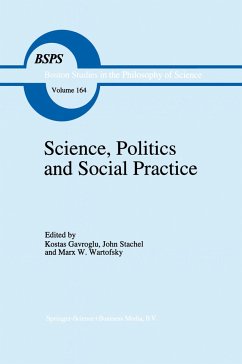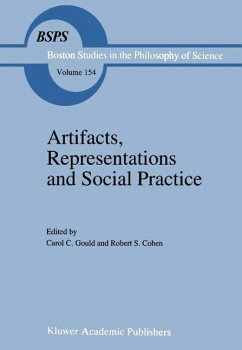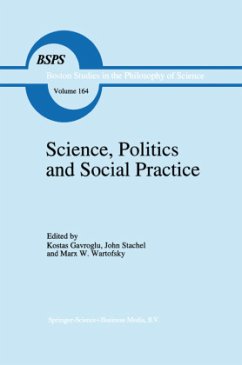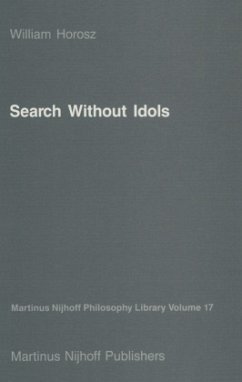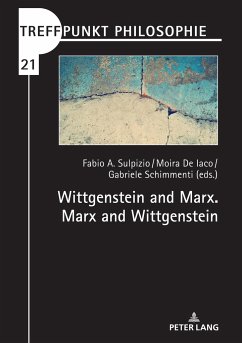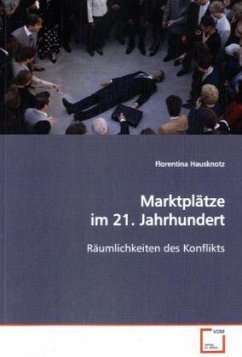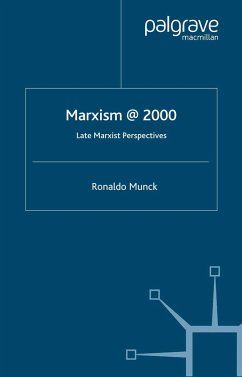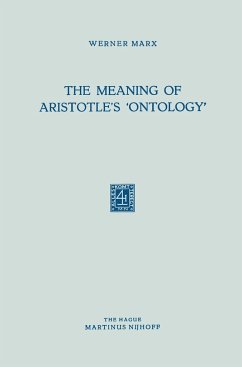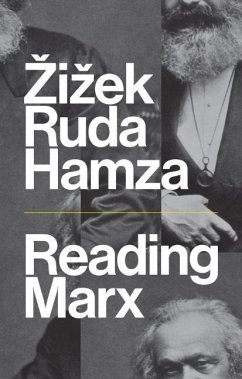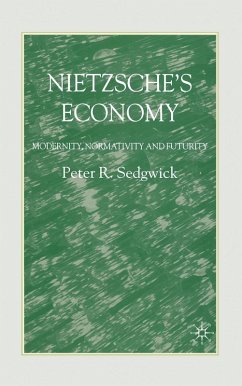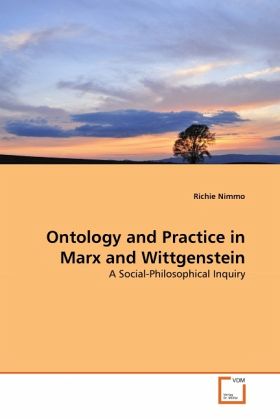
Ontology and Practice in Marx and Wittgenstein
A Social-Philosophical Inquiry
Versandkostenfrei!
Versandfertig in 6-10 Tagen
32,99 €
inkl. MwSt.

PAYBACK Punkte
16 °P sammeln!
Much of contemporary social theory marks an attempt to make a decisive break with philosophical dualism. Within the sociological tradition the work of Marx represents the most radical departure from this dualism, yet the influence of Marx has waned in the wake of the cultural turn. This thesis argues that the diminution of interest in Marx has been facilitated by a tendency to read him through the prism of dualist assumptions, leading to a view of Marx as a deterministic materialist who neglects the role of culture in social life. This is challenged by way of a critical comparison with Wittgen...
Much of contemporary social theory marks an attempt to make a decisive break with philosophical dualism. Within the sociological tradition the work of Marx represents the most radical departure from this dualism, yet the influence of Marx has waned in the wake of the cultural turn. This thesis argues that the diminution of interest in Marx has been facilitated by a tendency to read him through the prism of dualist assumptions, leading to a view of Marx as a deterministic materialist who neglects the role of culture in social life. This is challenged by way of a critical comparison with Wittgenstein's critique of dualism in philosophical language, showing that Marx's materialism constitutes a turn to culture as practice rather than a mechanistic social theory. It is also argued that Wittgenstein's critique of philosophy is effectively a social critique of reification, paralleling that found in Marx, and the implications of this for social theory and methodology are discussed. Finally the relationship between the conception of practice in question and phenomenological sociology is considered, with particular reference to the historical analysis of social relations.



